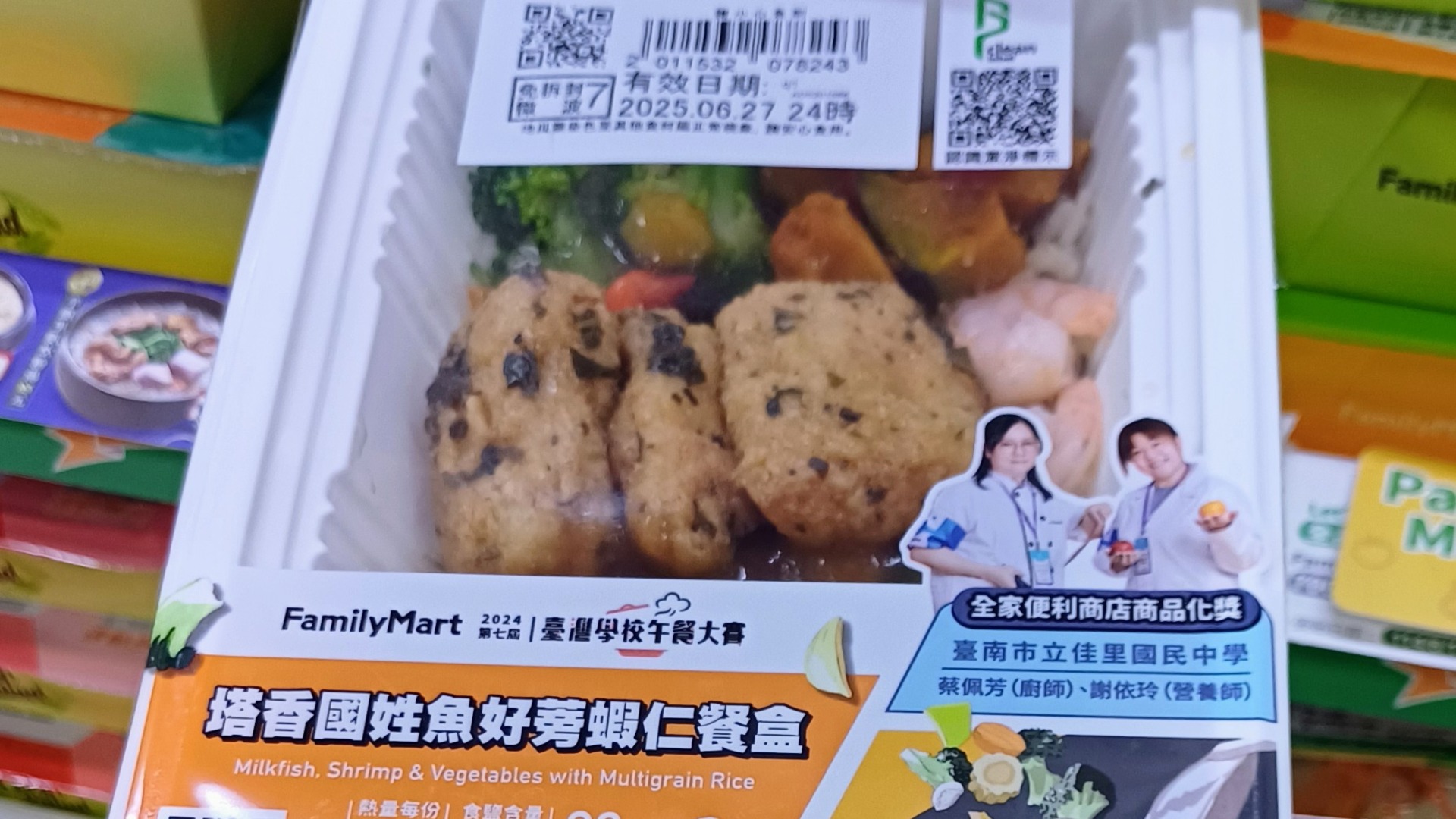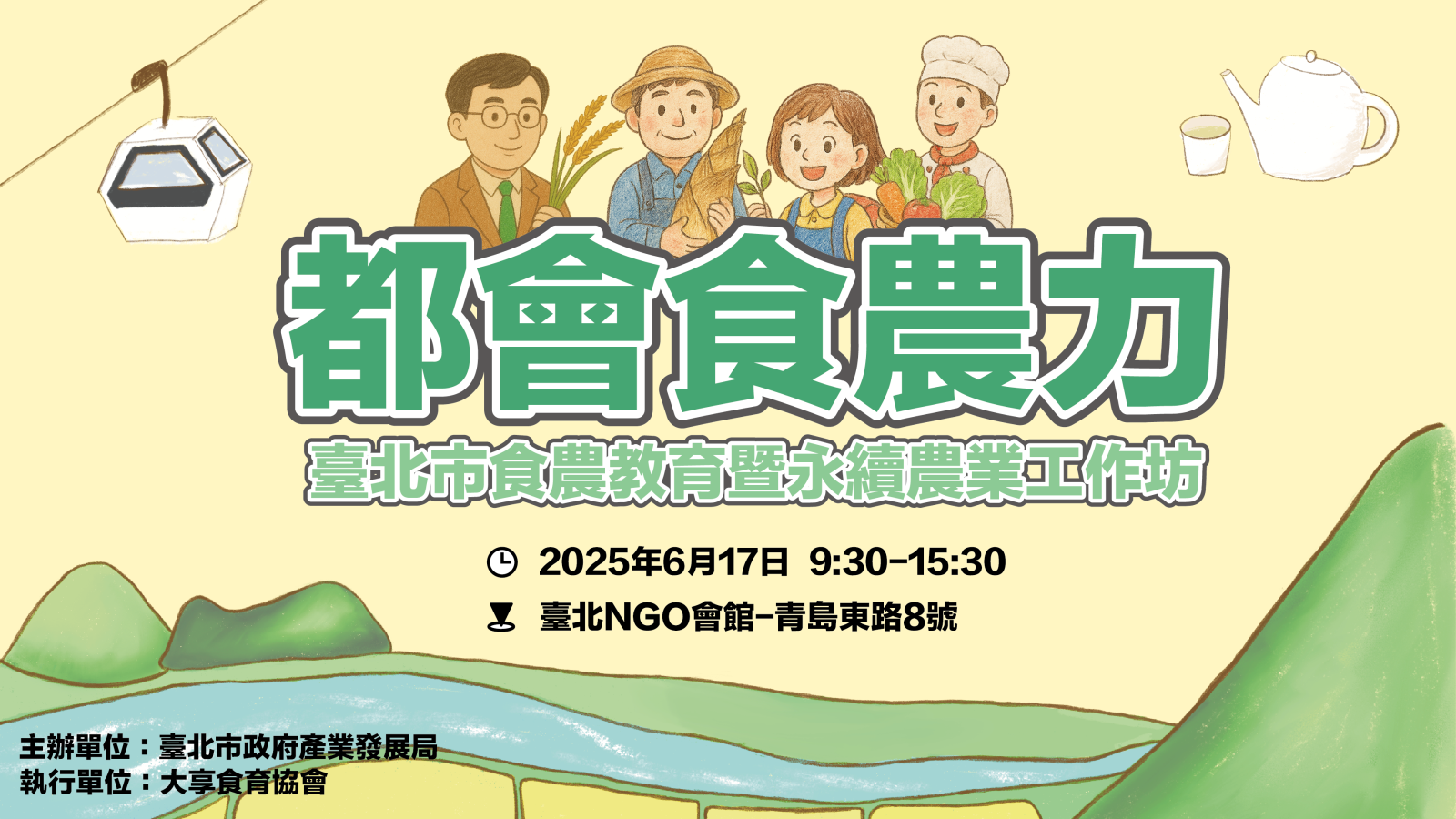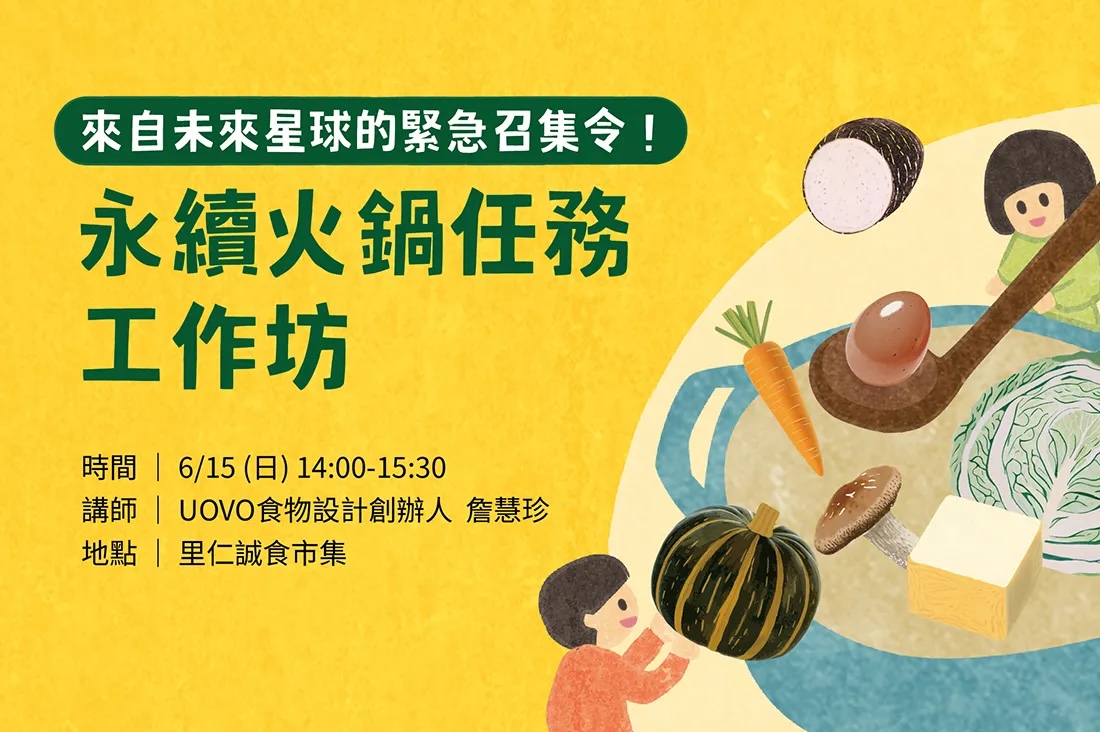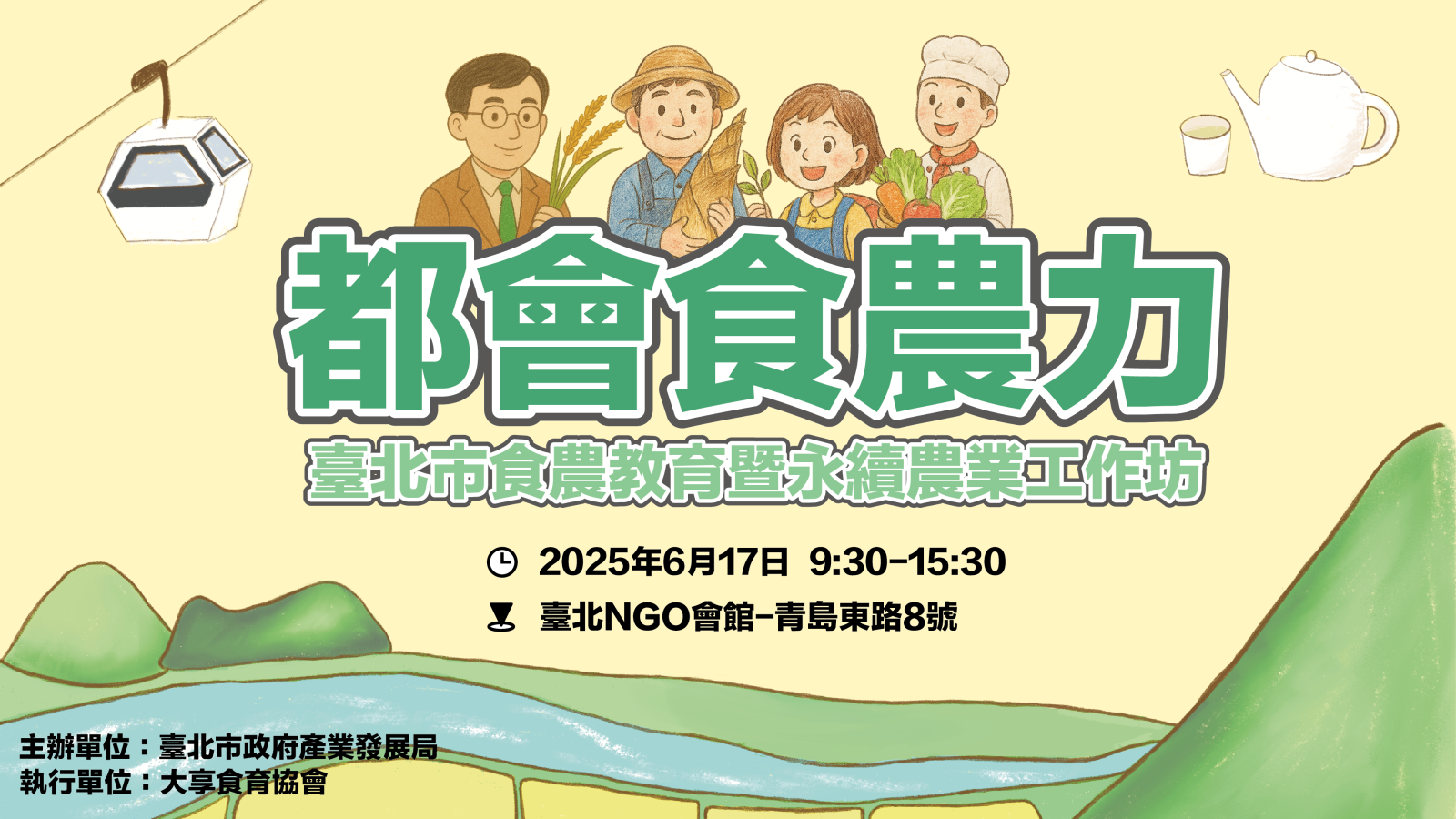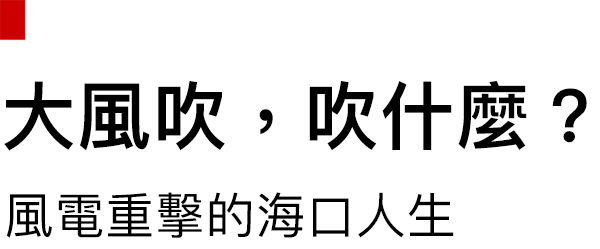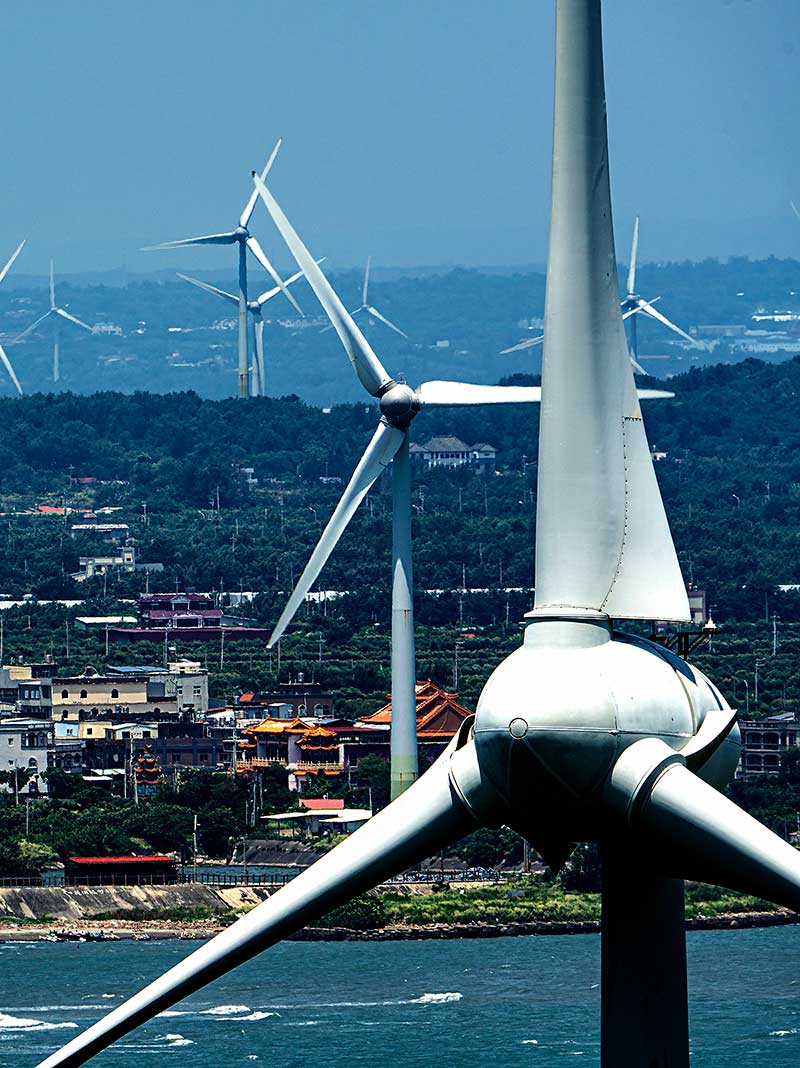FTA與TPP對亞太地區人民的衝擊與其反抗
─印尼篇
編譯:許博任、陳思穎
編按:
本文選自農民之路(La Via Campesina )出版的”Understanding Free Trade through the KORUS FTA & the Necessity of Regional Economic Cooperation.”手冊。此手冊是收集了農民之路在首爾及日本兩場「因應亞太地區經濟整合策略會議」的討論內容。著重於討論韓美FTA及TPP之影響,也討論區域整合的另類模式。本文「FTA與TPP對亞太地區人民的衝擊與其反抗」,共有印尼、日本及澳洲三國簽署自由貿易協定之影響分析,為方便閱讀將分次翻譯刊登。
農業部門最脆弱
印尼超過百分之四十三的人口仰賴農業部門,當中有百分之五十六的人是農民工跟小農(平均土地面積大約0.3公頃)。這些數據顯示農業部門是WTO跟FTA影響下最脆弱的部門,小農將是現行自由貿易機制下最大的受害者。
為符合自由市場的需求,並且促進自由貿易談判,印尼政府必須針對現行法律提出修正。這些修正案都已完成,多半是透過自由化、去管制化及私有化的手段來達成。
自貿協定與生質燃料作物擴張
2005年的12月,歐盟通過「生質燃料行動與策略計畫」,預計在2020年提升生質燃料消費量至10%(大約是一百到一百五十萬噸)。歐盟認為這是一個相當具有野心的計畫,需要大量投資在生質燃料的發展。熱帶地區的發展中國家,由於其產量、生產力和成本的優勢,被歐盟選中做為發展生質燃料的產地。
歐盟試圖透過多邊以及區域協商,擴大生質燃料的原料供應。此政策成功地帶動棕櫚油的大規模出口,並且引發競爭;例如東南亞的馬來西亞與印尼,皆特別著重於生產製造生質乙醇所需的棕櫚以及樹薯。
另一個關於生質燃料的政策則是” Lahan Energi Abadidevelopment”。該計畫將開發500萬公頃的土地做為能源供給。不過這個計畫實際上規模遠遠超過500萬公頃;2007年年中,此計畫在印尼卡里曼丹與馬來西亞的交界,新開墾一個面積達180萬公頃的棕櫚農場,並且在2008年底再擴張150萬公頃至馬老奇地區。
印尼棕櫚種植不斷擴張,已經嚴重威脅人民的糧食主權,也引起了農業部門內的衝突,農業資源減少做為公共使用。為了發展棕櫚種植,許多印尼小農聯盟成員的土地被掠奪。在西爪哇地區,棕櫚園整地切斷了灌溉系統的水流,農民的玉米田因此被限縮。在南蘇門答臘地區,為了興建一個100萬公頃的棕櫚園,而關閉了稻田的灌溉設施。在北蘇門答臘,農民為了保護土地不被棕櫚園掠奪而被捕入獄。總之,生質燃料產業威脅了人民的糧食主權,並且導致在地糧食生產百萬噸的損失。
從消費者的立場來說,食用棕櫚油與燃料用棕櫚油的競爭,也導致全國食用油價格上漲。棕櫚油加工業寧可讓出口價格較高的粗棕櫚油出口到歐洲,造成2006年印尼的食用油短缺。
印尼自貿協定簽署概況
自由貿易協定有多種形式,例如韓美自由貿易協定(KORUS FTA)、泛太平洋戰略夥伴協議(TPP),以及區域性的協定,例如推動新自由主義區域整合的東協(ASEAN)。東協自90年代開始深化並擴張其勢力至世界其他區域。印尼簽署了許多FTA,第一個FTA即是東協自由貿易協定。該協定削減了東協國家之間的關稅障礙,目標是在2015建立東協經濟共同體。自1992年起,新自由主義化的潮流展開。其形式相當多元,例如東協+歐盟、東協+印度、東協+歐盟、東協+6等等。
印尼本身也和澳洲、土耳其、突尼西亞與巴基斯坦簽署自由貿易協定。歐巴馬目前正力促東協國家也加入TPP;不過東協不能被視作TPP的替代選項,反倒是TPP邁向東亞自由貿易區(FTAAP)的路徑,將對人民造成許多負面衝擊。東協─中國FTA生效後,與中國的自由貿易導致印尼的堅果、水果與可可貿易產生赤字。此外,約18萬家農業與玩具業的中小企業倒閉,無法與中國生產競爭下,製造商變成零售商;廉價的中國馬鈴薯進口,導致印尼馬鈴薯價格從7000盧比跌至3800盧比。馬鈴薯農賠錢,收入明顯下降。
反對自貿協定的行動
人民論壇正抵制東協經濟整合,也討論替選方案的可能性。由於社會運動團體質疑東協協定中有兩個章節違反印尼憲法,所以印尼正針對2008年政府批准的東協協定展開違憲審查。印尼憲法明定經濟活動必須立基於追求社會正義的人民經濟(people’s economy),但東協協定與印尼-歐盟經濟協定的目標只在於追求自由市場。
我們致力於提醒印尼人民關於自由貿易問題的嚴重性。我們發起了全國農民論壇,以分享資訊與經驗,也出版了許多書籍。我們必須介入公共領域,找出向社會揭露FTA真相的方法。印尼的處境相當困難,因為社會充滿了「先簽再說」的樂觀想法。我們與各國面臨一樣的問題,所以可以一起合作,對抗新自由主義。
資料來源:
農民之路:”Understanding Free Trade through the KORUS FTA & the Necessity of Regional Economic Cooperation.”
原文:
In Indonesia, more than 43% of the population is dependent on the agricultural sector. Out of these
people, 56% are either farm laborers (landless) or small farmers (land ownership of about 0.3 hectares). These
statistics reveal that agriculture is a fragile sector that will be directly affected by the WTO and FTA; small farmers will become the most affected elements in this free trade mechanism. The government has had to introduce amendments to existing laws in order to meet the needs of the free market and facilitate free trade negotiations: it has done so, namely, through liberalization, deregulation and privatization.
In December 2005, the EU commission adopted a Plan of Action and Strategy for agrofuels. The EU has a
target of 10% agrofuel consumption by 2020 (approximately 1 to 1.5 million tons). In the report, the
Commission admits the ambitiousness of the EU’s target. As a result, the development of agrofuels will
require significant economic investment. Developing countries in tropical areas are being selected for
agrofuel production due to their capacity for high levels of production and their high productivity due to lower
prices relative to developed countries, It was said that the EU seeks to encourage negotiations to expand the use of raw materials for agrofuels through multilateral and regional free trade agreements. This policy successfully boosts huge palm oil exports to compete here. For example, Southeast Asia, Malaysia and Indonesia have, in particular,
focused on palm oil and cassava production for ethanol.
Another policy on agrofuel is the Lahan Energi Abadi development that amounted to 5 million hectares of
land in order to provide a large energy supply. However, in reality the target was greater than 5 million
hectares. It started with the opening of a new 1.8 million-hectare palm oil plantation on the Kalimantan-
Malaysia border in mid-2007. It will be extended with 1.5 million hectares to Merauke towards the end of
2008.
The expansions of palm oil plantations in Indonesia have been seriously threatening the food sovereignty of
the people. This policy has raised agrarian conflict and also the loss of public access to agrarian resources.
Many members of SPI have experienced land grabbing for the development of palm oil plantations. In West
Java, the land clearing for palm oil plantation has cut the flow of irrigation, and peasant’s corn fields have
been seized. In South Sumatra, the opening of 1 million hectares of palm oil plantations has shut off irrigation
for hectares of rice fields. In North Sumatra, peasants who tried to defend their land from land grabbing by
palm oil plantations have been imprisoned. To conclude, the agrofuel industry threatens food sovereignty implementation and is responsible for the loss of millions of tons of local food.
From the consumer’s side, the competition between palm oil for food and palm oil for fuel has raised the
price of cooking oil nationally. The palm oil processing industry prefers to export Crude Palm Oil (CPO) to
Europe at a higher price. In 2006, there was a shortage of cooking oil in Indonesia.
The Free Trade Agreement can take many forms: KORUS FTA, TPP, and the form of regional blocks such
as ASEAN that create neoliberal regionalization. ASEAN has been deepening since the 1990s and is expanding
to another region in the world. Indonesia has signed many FTAs. The 1st FTA was the ASEAN Free Trade
Agreement (AFTA). It eliminated tariff barriers within ASEAN member countries. And its goal is to establish
the ASEAN Economic Community by 2015. Since 1992 there has been a trend of neoliberalization. Neoliberal
regionalization has taken many forms: ASEAN + China, ASEAN + India, ASEAN + EU, ASEAN + 6. Indonesia has also signed FTAs with Australia, Turkey, Tunisia, and Pakistan. Obama is pushing the ASEAN countries to
also join the TPPA, Therefore ASEAN must be seen not as an alternative to the TPPA but as a way to achieving
its higher form through the FTAAP. This will have many negative impacts to people.
After the full implementation of the ASEAN + China FTA, trade with China has resulted in a deficit on nuts, fruits, and
cocoa. In addition 180,000 SMEs in Indonesia collapsed in the agriculture and toys industry. Producers are also
becoming retailers since they can’t compete with Chinese production. Potato prices slumped from 7000
rupia (50,000 won) to 3800 rupia (25,000 won) due to the import of cheap Chinese products. This price for
potatoes is below that which farmers can break even. Thus we see a declining income for potato farmers.
People’s forum is resisting and discussing alternatives to ASEAN. In Indonesia, a judicial review of the ASEAN
charter was started, which the government ratified in 2008. Social movements are challenging the ASEAN
charter stating that 2 of its provisions are unconstitutional. While the constitution mentions
economic activity based on “people’s economy” for social justice, the ASEAN charter and the
Comprehensive Economic Agreement b/w Indonesia and the EU’s economic goals just free markets.
We are currently trying to determine how we make people in Indonesia aware about this problem. We are
creating a national farmers’ forum to share information and to share some experience about the FTA. Many
books are being published. We need to make interventions in the public sphere and figure out how to
reveal the truths about the FTA in society. The situation in Indonesia is difficult because there is the optimistic
thinking of: we will sign first and then ask later. We are facing the same problems in our countries. We can
work together against the neoliberal project.
